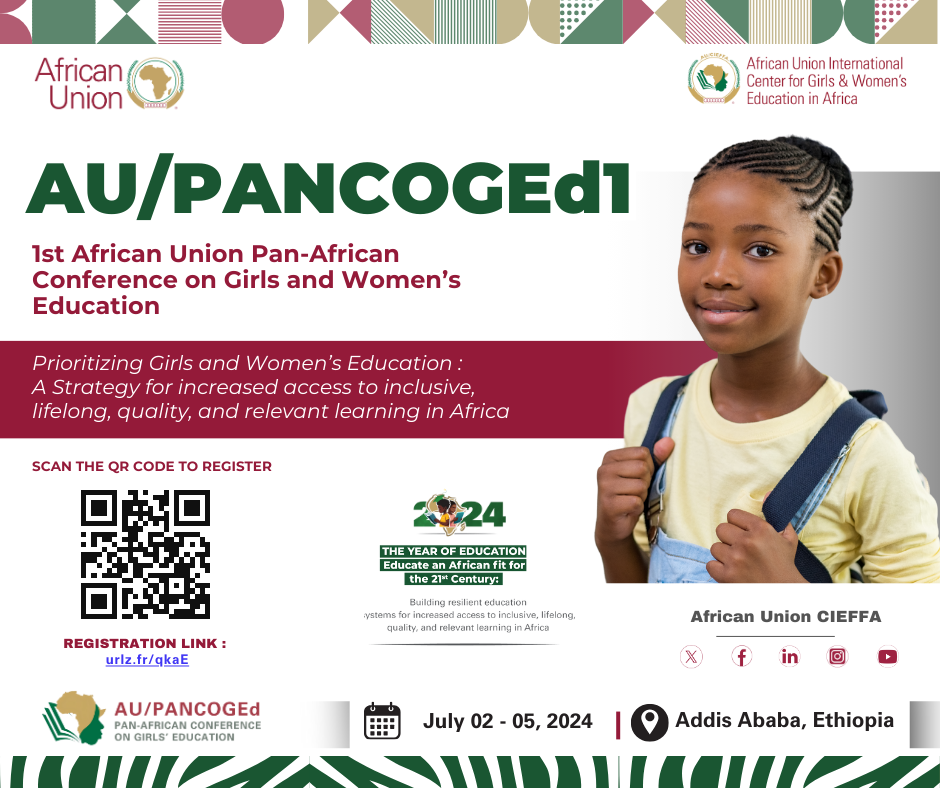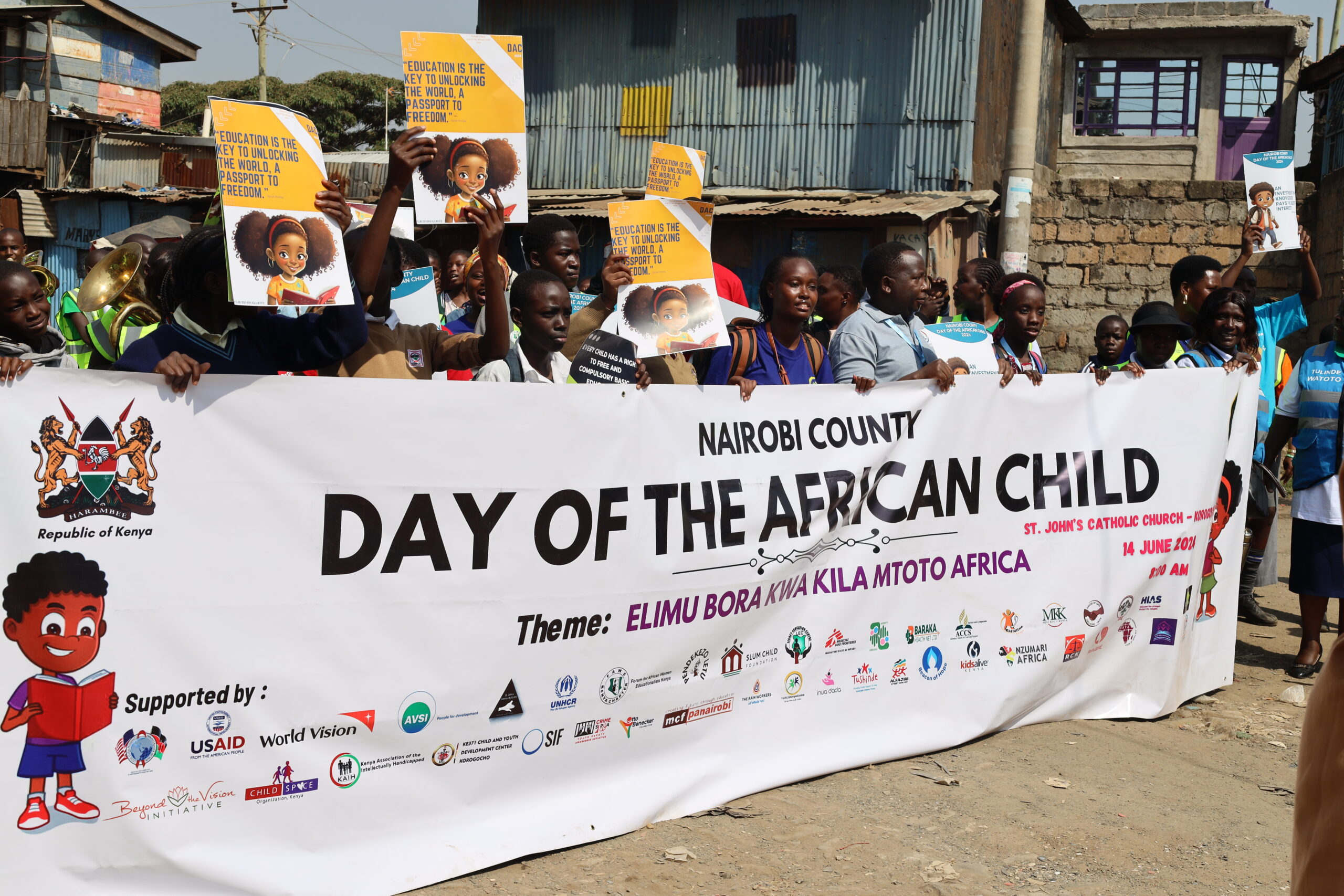The development of innovations that are aimed at addressing community problems is central to promoting the Science, Technology, Engineering and Mathematics (STEM) project in FAWE partner Schools.
In these schools, club activities are facilitated by research, mentorship and peer learning, whereby participating students from different schools create ideas in their respective STEM Clubs, try out and translate them into different innovations that are show cased in both their schools and in regional STEM competitions.
The best innovations are then selected to represent their regions in national and international competitions. As a result, learners who have developed innovations proven to work at addressing community needs have scaled up their projects to earn income by selling them to members of the community.
A case in point is Aguta Rebecca, a student at St. Catherine S.S in Lira district who created a bicycle power charging system which is used to charge telephones in rural communities with limited electricity supply. She has been able to make 8 systems, which she sold at UGX. 35,000/= each. The cost for making one is UGX. 11,000/= making a profit of UGX. 24,000/=. To date she has saved about UGX. 280,000/=. “I will use these savings to pay for my A-level school fees, provide for my family’s needs such as buying food. I also have siblings whom I will buy scholastic materials for.” Says Aguta.
This innovation is set to not only benefit her family but also the community in which Aguta comes from. At YY.Okot Secondary School in Kitgum district, Northern Uganda, a team of STEM club members innovated a local refrigerator using charcoal. The refrigerator was sold to a private medical facility for medicine preservation at a cost of UGX. 300,000. This money was used to facilitate STEM Club activities.
At Iganga Secondary School in Eastern Uganda, STEM club members took on growing vegetables such as ‘Sukuma Wiiki’ (collard greens) and Eggplants which they supply to their school to feed fellow students. The school pays for the supplies; last year 2019 they made a total of UGX.1,800,000/= ; money which was used to support club activities including procuring raw materials for the development of innovations, facilitating exchange learning visits and a small stipend for the club members. School gardens have also improved the nutrition of students and saved the institution lots of resources that they would have used if they procured from outside markets.
In Tororo Girls Secondary school, students have creatively come up with different innovations including; pumpkin cake, agricultural pesticides, solar water cookers and organic manure from animal droppings used to fertilize gardens. These products are sold at affordable rates to community members including teachers and the school administration. “By the close of the term, the club made a total UGX. 3,000,000/= from sales and this has played a great role in sustaining club activities by supplementing little handouts provided by the school administration.” Said the STEM club Chairperson.
All innovations developed by the students are made from locally available materials, which were considered useless and of no use. As a result, there’s improved hygiene and cleanliness in the community. In addition to this, they are also conserving the environmental by using local and organic manure as fertilizers and pesticides.






Leave A Comment